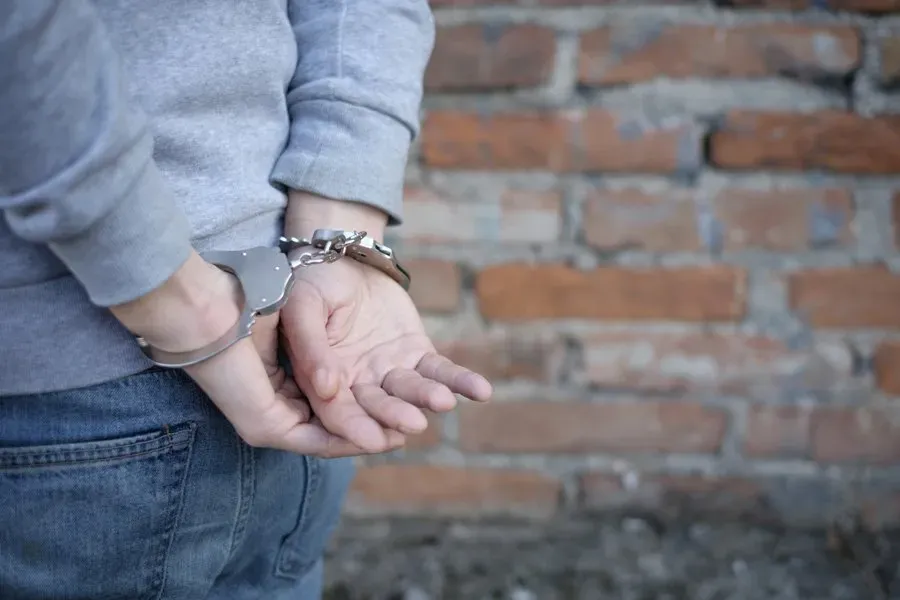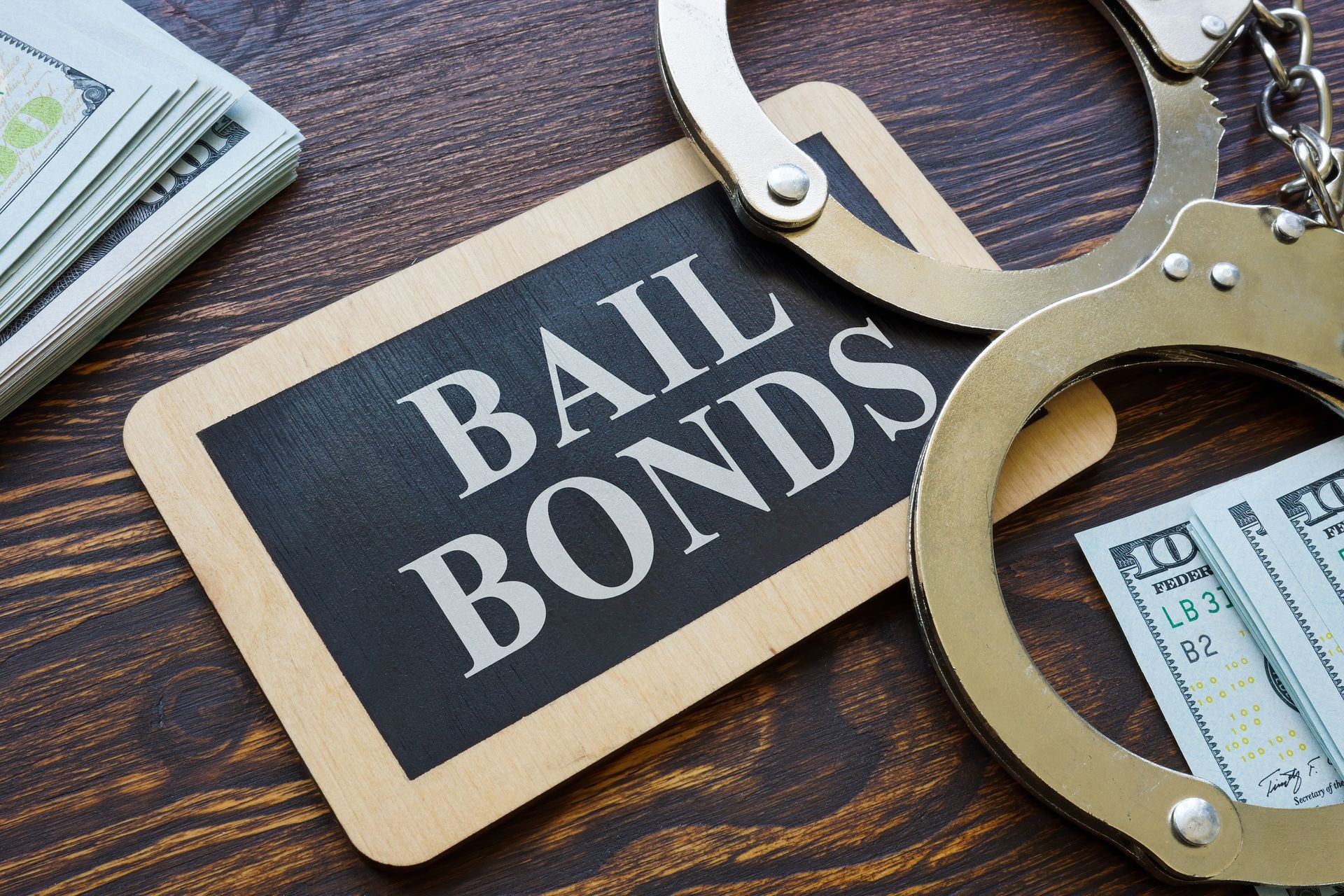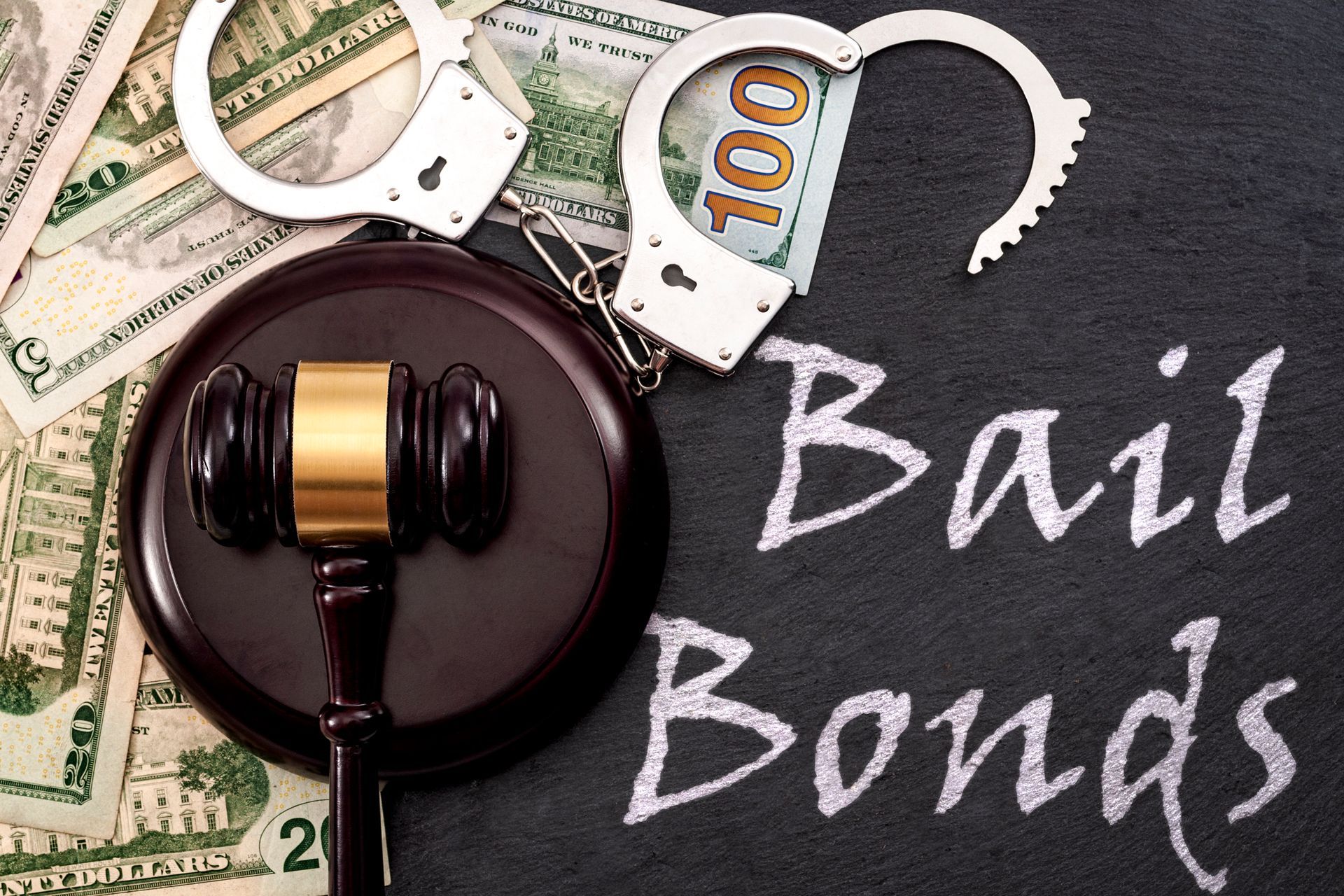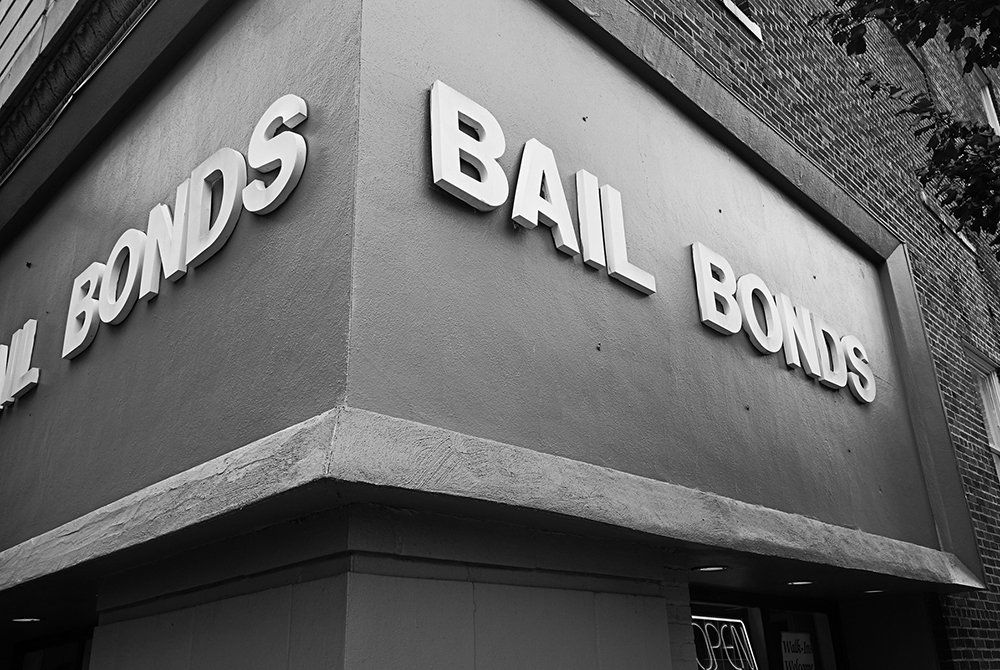What You Need to Know About Warrants
Police officers and courts often use warrants to capture potential criminals or find evidence of crimes. However, there are many types of warrant out there, and if you want to better protect yourself from erroneous charges, you need to know more about them. Read on to learn more about types of warrant and what happens if you have a warrant.
What Is an Arrest Warrant?
In a lot of cases, you get arrested while you are allegedly committing a crime, such as breaking and entering. If you aren't, but the cops and courts know or believe you were involved (and have some proof), an arrest warrant may be issued.
An arrest warrant is basically a form that allows you to be arrested because of a former potential crime. Therefore, you could potentially be arrested unexpectedly.
What About a Bench Warrant?
A bench warrant is used if the courts find you in contempt, but it usually is only relevant when you fail to show up to your hearing. If you do show up to your hearing, you can simply be arrested or fined directly, but if you don't show up to your hearing, the judge will have to issue the bench warrant.
Even if you didn't actually commit a crime, you may end up with a bench warrant if you don't pay fines, such as parking tickets or other traffic violations. If you are out on bail and commit a crime or fail to follow the conditions of your bail, a bench warrant may be issued.
Why Else Are Warrants Used?
You have likely heard of a search warrant from TV or movies. These give officers the right to search a certain area for any evidence related to the crime in question. If you are presented with one, make sure you read any search warrant to learn what the officers can and cannot search.
Warrants are also commonly used to locate potential criminals who have left the state. A governor's warrant, for example, is issued by the governor's office and is used when a suspect is in another state. Similarly, a fugitive warrant is issued from another state and sent to the state in which the fugitive is suspected to currently reside.
What Happens After a Warrant Is Issued?
In most cases, if you have a bench warrant, the police likely won't show up at your home to arrest you. If you have a bench warrant for contempt of court or for a dangerous criminal act, however, they are more likely to come find you.
For the most part, however, cops will only actively come find you and arrest you if it's an arrest warrant. However, if you do get pulled over by a cop for a traffic violation, jaywalking, trespassing, etc. and they look up your name, they will see any warrants, including bench warrants.
What If You Didn't Commit a Crime?
If you didn't commit a crime and a warrant is issued in your name, you can still be arrested. If the warrant was issued to you by mistake instead of the real suspect (perhaps you both have the same name but different birthdate or you are living in the real suspects old home), you can often get out of the arrest if you can immediately prove you aren't the person on the warrant.
If the warrant is accurate (or only has a clerical error), the officer will still likely arrest you, so you will have to go through the entire arrest process. However, as long as you prove you weren't involved, that someone stole your identity, or that you are otherwise erroneously identified, you will get to go home without any fines or punishment.
For more information about what to do if you believe you are going to get arrested, contact us at A-Action Bail Bonds today.
















